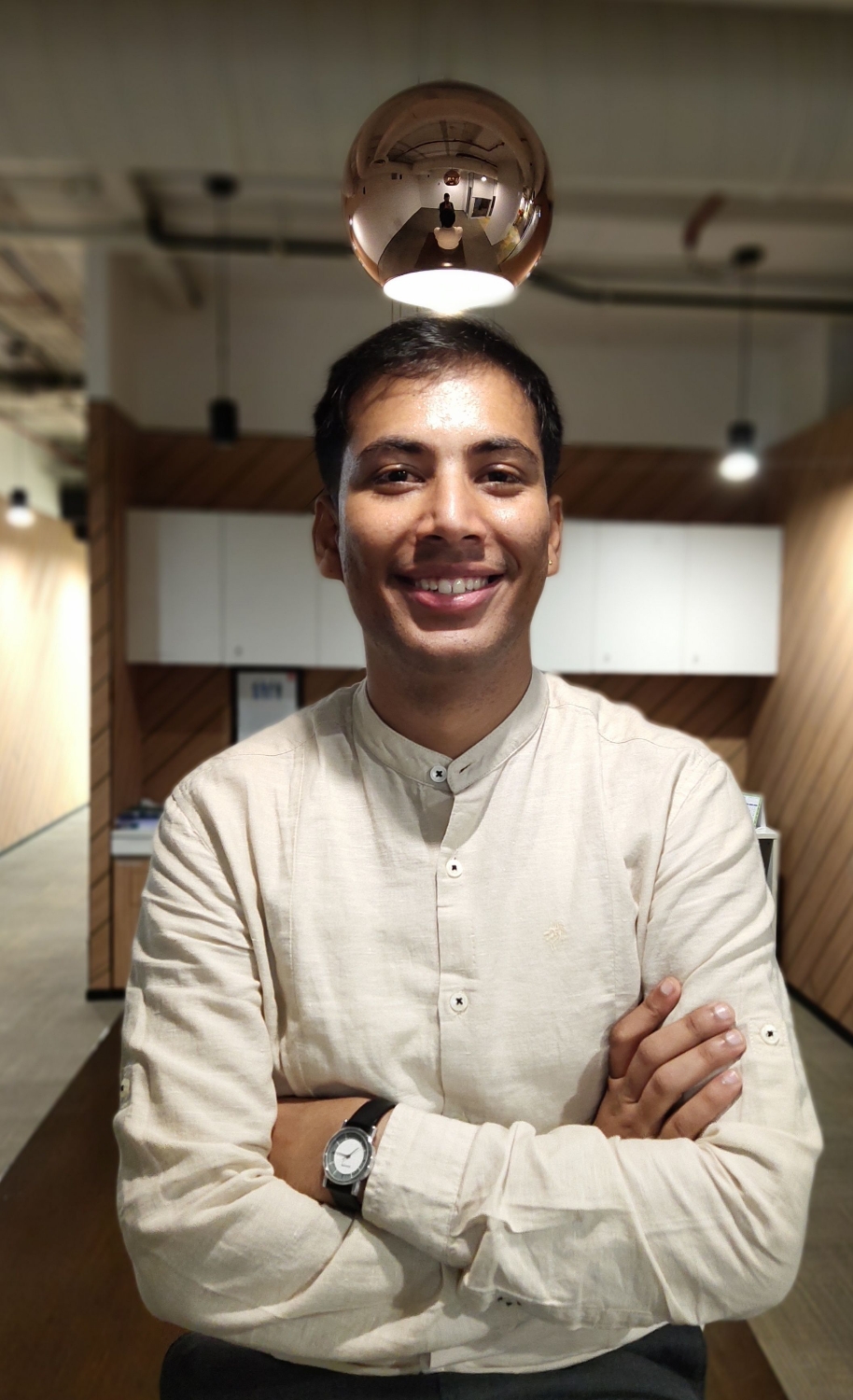The Navalnys of the World
- Pius Fozan

- Feb 18, 2024
- 4 min read
Updated: Mar 5, 2024
Heroes are never heroes. They have their sins. Their bravery in one instance does not absolve them of wrongdoing in another. What matters is that heroes like Navalny evolve over time, challenging dictators.

I am switching sides, unable to sleep. Checking my phone: toggling between Instagram and Twitter. I did not know much about Alexei Navalny except that he was poisoned, and perhaps the only potent, defiant opposition to a despotic Putin. It has been over 24 hours since the news of his death broke.
His inevitable death weighs heavily on my mind. I am watching a documentary by Canadian director Daniel Roher about Navalny's life. Daniel asks Navalny, “If you are killed, if this does happen, what message do you leave behind to the Russian people?”
Navalny says, “If they decide to kill me, it means that we are incredibly strong.”
How did he get there?
Navalny was an anti-corruption campaigner, a blogger who wrote and made videos about corrupt oil businesses and systems in Russia. He rallied young people. In 2011, he led massive protests against Putin. These were some of the largest demonstrations in Russia in decades.
Vladimir Putin did not like it.
He was sent to jail. His organization—Anti-Corruption Foundation (FBK) was labelled as extremist and was banned.
Navalny was debarred from contesting elections. All his team members were prohibited too.
Solitary confinement, prisoner in the Arctic and death
In August 2020, he collapsed on a flight, prompting an emergency landing in Siberia. He had to be airlifted to Berlin for the medical treatment. It was later determined that he had been poisoned with Novichok, a chemical nerve agent primarily found in Russia.
It was not the first attempt on his life.
It was clear that he was a target of Putin and his return to Russia was not particularly safe. He still chose to return after recovery.
On 17 January 2021, upon his return to Moscow, as expected, he was arrested at the airport, ensuring he would never be released from jail again. Made-up charges of corruption were filed against him. He was imprisoned. Putin’s court convicted him.
He was placed in solitary confinement for more than a year, and moved to the harshest prison in the Arctic circle, but he never lost his humanity, his courage, his humour.
Where do people like Navalny get courage from?
I often wonder how some people muster such courage. How do they defy powerful regimes without succumbing to fear? Why do they confront brutal systems when they could lead a peaceful life elsewhere, far from threat? What goes on in their minds and hearts? What compels them to stand against those with a monstrous amount of power?
Closer to home, many of our own Navalnys are languishing in jails in Pune, Tihar, and in jails we do not know about. An 84-year-old tribal rights activist Stan was arrested from his home in Ranchi and put in jail in Pune—for a case that remained without a chargesheet filed for years. The court did not even allow straw and sipper in prison to drink water. Stan died in jail waiting for courts to hear his plea. Other prisoners kept requesting bail on medical ground—most in vain.
I would never know what kept Stan awake, what made him risk his fragile health. I do not know what keeps my friend Sagar Gonsalves’s mother going—attending the court hearings, seeing her husband handcuffed, and enduring being labelled a threat to national security.
I am incapable of the wisdom that age brings. But I know this for sure: when they charge you with treason, it means you are doing the most nationalist service to your country, and you are making the lives of people in power uncomfortable.
Putin's democracy is no Coca-Cola
As the Chinese foreign minister once said, “Democracy is not Coca-Cola; it does not taste the same everywhere.” Putin has undoubtedly created a version of democracy that does not resemble the real thing. Russia is set to hold a presidential election in March 2024. The anti-war opposition leader has been barred from contesting—leaving no candidate to genuinely challenge Putin. The election, designed to mimic democracy, is similar to the new version of Coca-Cola with a vanilla flavour—both are deceitful and fraudulent. Nevertheless, Putin will secure his fifth term as Russia's president.
Freedom is a tricky thing
Freedom is a tricky thing for politicians. Biden fears Julian Assange and seeks his persecution, yet he and his freedom-loving allies in Europe adore Navalny. Putin, on the other hand, feared Navalny and his supporters but warmly embraced Edward Joseph Snowden, even granting him Russian citizenship.
Like Navalny, both Assange and Snowden are whistleblowers who leaked highly classified information exposing US misconduct worldwide—an act many view as strengthening freedom and democracy.
This contradiction is not just about hypocritical world leaders, but also about heroes like Navalny. He was not perfect. He compared immigrants to cockroaches and considered Crimea a de facto part of Russia.
Navalny was an imperfect hero with a complex past. Yet, he chose to fight against a powerful regime. Much like Churchill, who was a liberator for many in Britain and Europe, but an imperialist and racist for Indians, preferring the people of Bengal to die of famine rather than assisting them.
Heroes are never heroes. They have their sins. Their bravery in one instance does not absolve them of wrongdoing in another. What matters is that heroes like Navalny evolve over time, challenging dictators.
In Daniel's documentary, Navalny tells the Russian people, “We don't realise how strong we actually are. The only thing necessary for the triumph of evil is for good people to do nothing.”
Perhaps, that is what made him risk his life, but never succumb to power, to lose his courage, his humanity.


